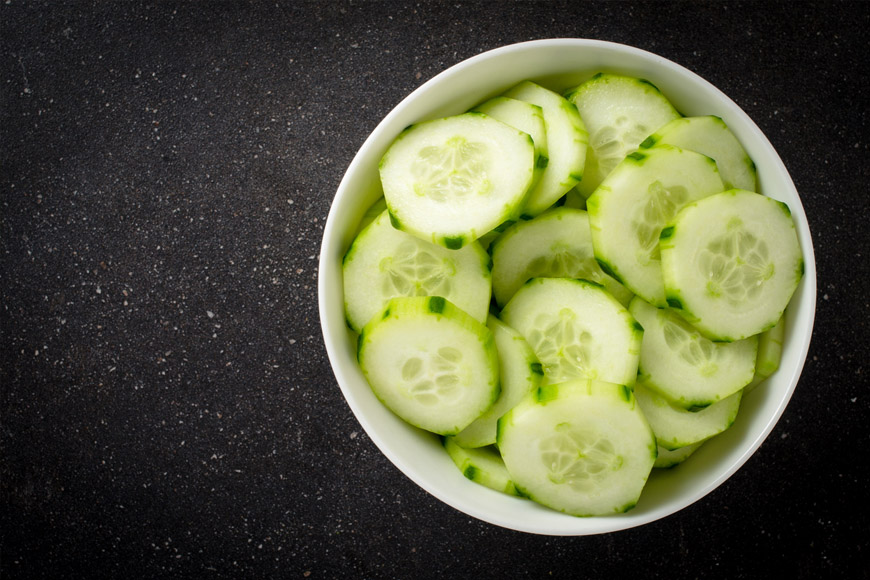Consider becoming an organ donor in the Sultanate of Oman to help save a life
24 September 2018
| Last updated on 27 December 2018
Oman is a country located on the Arabian Peninsula along the coastlines of the Arabian Gulf. It has terrains around deserts, riverbed oases and long sea coastlines.
Muscat is home to the Sultan Qaboos Grand Mosque, the waterfront Muttrah quarter, the National Museum and a busy souk and fish market. Making it a desirable country to visit by expats and tourists.
8 questions everyone living in Oman has been asked atleast once
However, as more and more people move to the Gulf of Oman, the advancement in medicine is deemed to happen as well as the country’s attitude towards a healthier life – with a dire need of many to become organ donors in Oman.
Organ transplants and donations are still scarce in Oman because many families refuse the thought of giving their organs up. A recent survey done by Elsevier found that among 500 individuals in Oman, only 35% of the individuals would donate a kidney after death.
But for those of you in Oman who are warming up to the idea, here’s what you should know
Oman has a high percentage of Kidney disease
Of the people surveyed, 32% of the Omani individuals admitted to having a family member or friend who is dealing with a type of kidney disease or renal transplantation due to high levels of diabetes – with 64% stating that they would immediately give a kidney up to a relative.
Saving a loved one can be done with the help of an organ donor in the Sultanate of Oman but most shy away from the idea or don’t actually know that it can be performed in Oman.
Organ donation is permitted in Islam
For those who are Muslims and living in Oman but have always brushed off the idea because it is against the religion, must know that donating an organ is permitted in Islam.
Donating an organ is only permitted by Islam after the donor has passed away – and only 49% of the surveyed individuals knew of this.
And according to the Fatwa, the donation of organs can be done after it is deemed that the patient cannot be treated any further.
Lack of awareness on organ donation
Only 35% of individuals in Oman stated that they would donate a kidney or organ after death – while 42% said they would accept a donation.
The awareness in people living in the Sultanate of Oman on organ donation was found to be very low but an upside in recent news is giving hope to future organ donors in the country.
Oman’s organ donating program
In 2016, Oman’s Ministry of Health launched an organ donation program, stating that there is a large shortage of organs – like kidneys, heart, lungs, eyes and pancreas in the country. And will allow individuals to obtain an organ donor card if ever found brain-dead.
The public was encouraged to obtain these cards as donating their organs can save up to 8 lives.
How to become an organ donor in Oman
The number of organ donations last year stood at 120, which was not enough to help the lives of many expats and locals living in Oman – here’s what you should know as an organ donor in the Sultanate:
- You need to obtain a Donor Card – which testifies your desire to donate your organs after death.
- The card is issued at The Royal Hospital with an application that lists the organs you wish to donate after death.
- You need to provide the name and contact details of a relative who is aware of your intention of becoming an organ donor.
- Organs can be harvested from a deceased person between the ages of 0 – 75, if they are in a transplantable state.
- Organs will only be eligible for transplants after the individual is declared brain dead.


















































_2.jpg?itok=XEABuHuU)
















































_2.jpg?itok=j80YWwf-)


















